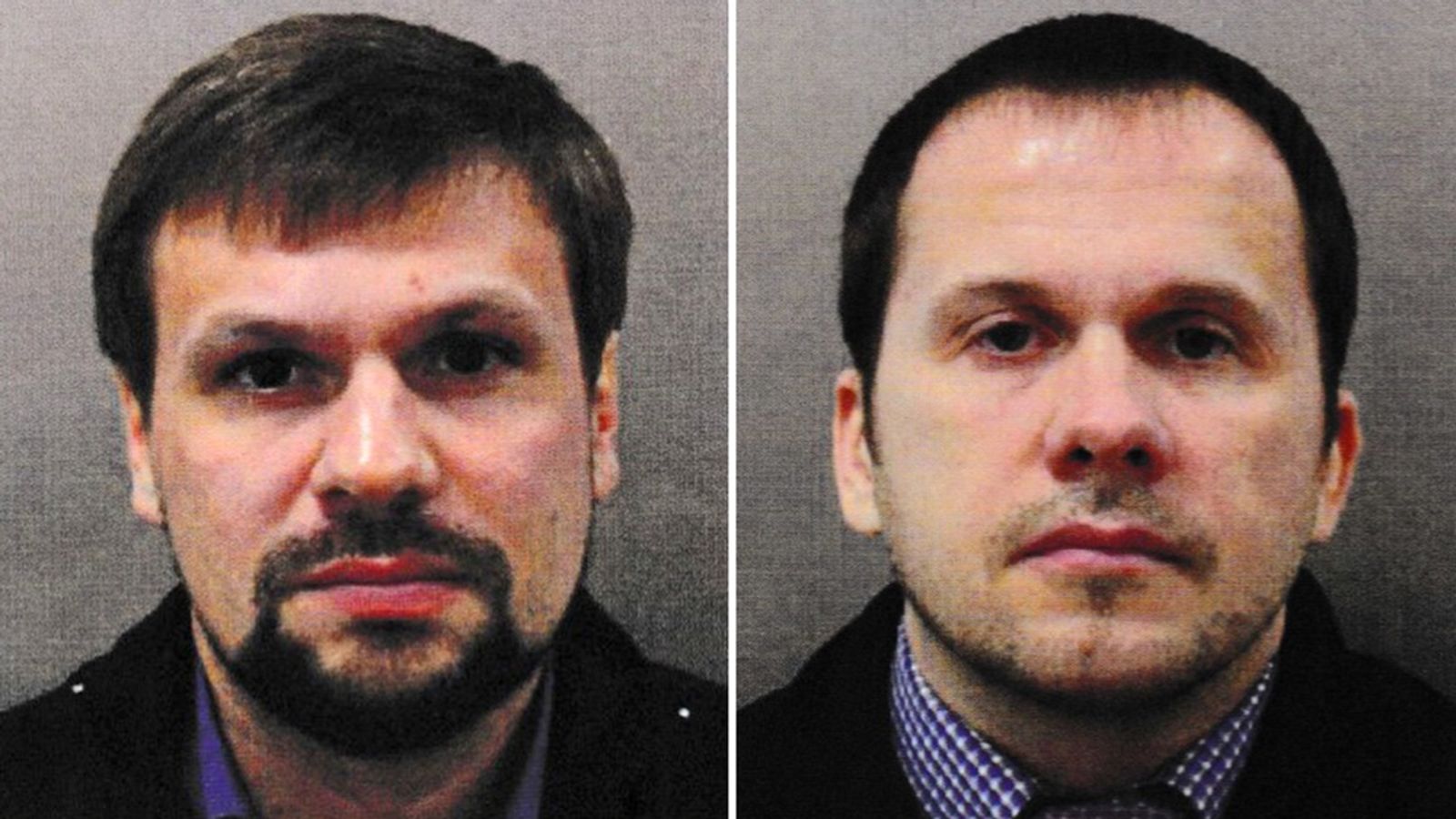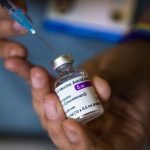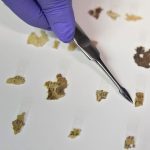An explosion at an ammunition depot in the Czech Republic – allegedly carried out by two suspects in the Salisbury spy poisonings – has been described as a “war-like act” that demands a harsh response.
Tom Tugendhat, chair of the foreign affairs select committee, told Sky News the 2014 blast that left two workers at the facility dead was a “direct attack on a NATO country”.
“I think we need to be dealing with Russia in the way that it deals with the rest of the world – which is harshly,” he said, suggesting expelling ambassadors as well as diplomats.
The Czech Republic is already expelling 18 Russian diplomats after revealing on Saturday that it suspects Russia’s intelligence services over the attack at the Vrbetice site, which was initially thought to have been an accident.
The Kremlin has denied involvement – calling the allegation unfounded, far-fetched and absurd. It has vowed to retaliate.
The TASS news agency said on Sunday that Moscow has summoned the Czech ambassador to Russia over the expulsions.
And later, in what appears to be a tit-for-tat move, Russia expelled 20 Czech diplomats, insisting they must leave by 19 April, the foreign ministry was reported as saying.
European Union foreign ministers will discuss the crisis at a pre-planned virtual meeting on Monday.
The UK fully supports the Czech Republic, Dominic Raab said.
The foreign secretary said the Czech authorities “have exposed the lengths that the Russian intelligence services will go to in their attempts to conduct dangerous and malign operations in Europe”.
He added: “Russia must desist from these actions, which violate the most basic international norms.”
Czech police said they are hunting two alleged Russian military intelligence officers in connection with the 16 October 2014 blast.
The suspects are believed to have travelled into the Czech Republic on passports with the aliases Ruslan Boshirov and Alexander Petrov.
The UK said they are the same GRU officers – whose true identities are thought to be Anatoly Chepiga and Alexander Mishkin – accused of trying to kill former Russian double agent Sergei Skripal and his daughter Yulia with a novichok nerve agent. That attack took place in the Wiltshire city of Salisbury three-and-a-half years later, in March 2018.
The UK stands in full support of our Czech allies, who have exposed the lengths that the GRU will go to in their attempts to conduct dangerous and malign operations – and highlights a disturbing pattern of behaviour following the attack in Salisbury. https://t.co/dv4rWDl91I
Russia has always denied involvement in the spy poisonings.
Chepiga and Mishkin even appeared on Russian television, using their aliases, to claim they were sports nutritionists, not spies, who happened to be in Salisbury as tourists on the day of the poisonings as they wanted to see its world-famous cathedral, in particular the spire.
But western security officials believe the pair are part of a GRU Russian military intelligence unit called 29155 that has been linked to a series of other attacks.
This includes a failed coup in Montenegro in 2016, the poisoning of a Bulgarian arms dealer called Emilian Gebrev in Bulgaria in 2015 and possible bounty payments to Afghan militants for killing NATO troops.
Christo Grozev, lead Russia investigator at the investigative website Bellingcat, said an order of weapons that was due to be sent from the Czech arms depot to Mr Gebrev in Bulgaria could have been the reason why the site was hit.
“On exactly the date that the explosion took place, there was a transaction closing, the loading of weapons or munition to Bulgaria being acquired by Gebrev. It seems that that particular transaction or inventory was being targeted,” he said in an interview.
It is not clear who the planned end-customer was for the weapons or why that had allegedly attracted the displeasure of Russia. One theory is that they could have been bound for Ukraine, which at the time was locked in conflict with Russia, or headed for a NATO member state.
Mr Grozev said that the discovery of an email chain in recent months had alerted the Czech authorities to the link between the Skripal suspects and the arms depot.
The two men had allegedly travelled into the Czech Republic on 11 October under their Boshirov and Petrov fake identities.
They then adopted other fake personas in communication with the arms depot, with one pretending to be Nicolai Popa travelling on a Moldovan passport, and the other using a Tajik passport in the name of Ruslan Tabarov. They pretended to be representing the national guard of Tajikistan.
“These emails containing scans of their fake passports… were just discovered about three months ago by the Czech authorities who started looking into the reason for the Skripal poisoners to be in the Czech Republic,” Mr Grozev said.
Bellingcat already had data showing that the two men had been in the country at that time. They just did not know for sure why.
Subscribe to the Into The Grey Zone podcast on Apple Podcasts, Spotify, Spreaker
Czech police have revealed that they arrived in Prague on 11 October before travelling to the region where the arms depot is located.
They left the Czech Republic on 16 October, the same day as the attack.
Six months after the depot bombing, Mr Gebrev, the arms dealer, was admitted into hospital after collapsing in the Bulgarian capital of Sofia. His son and one of this company’s executives also fell sick.
Czech Prime Minister Andrej Babis said there was “well-grounded suspicion” about the involvement of officers of the Russian intelligence service GRU in the ammunitions depot explosion.
A diplomatic source cited by Russian news agency Interfax suggested the expulsions could prompt Russia to shut the Czech Republic’s embassy in Moscow.
In the wake of the Salisbury attack, British police published a detailed photographic account of the two suspects’ movements while in the UK.
An Interpol “red notice” and a European warrant have been issued for their arrest should they try to leave Russia.






















